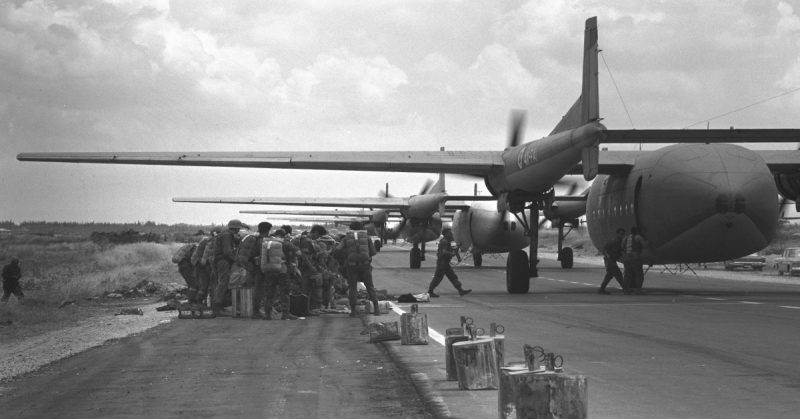In 1967, the Six Day War from June 5th to June 10th may have been the shortest war yet seen. It involved the countries of Egypt, Israel, Jordan, and Syria. It ended in victory for the Israel Defense Forces, thereby adding Syria’s Golan Heights, Egypt’s Sinai Peninsula, and Jordan’s East Jerusalem to their control.
The Holy Land, including Jerusalem, Israel, Palestine, western Jordan, the Sinai Peninsula in Egypt and southern Syria, is named as such due to the associations with the Abrahamic prophets Moses, Jesus, and Muhammed.
The Jews and Christian believe that after the Exodus from Egypt, Moses’ followers (the descendants of Abraham) wandered the Sinai Peninsula until the Promised Land was found in what is now the Palestinian Territories, Israel, Lebanon, parts of Egypt, Jordan, and Syria.
Christians believe the site of the Holy Land encompasses the major events of the life of Jesus Christ, including his birth, baptism, death, and resurrection. Muslims tell us Muhammed received the writings of the Qur’an from the archangel Gabriel and was inspired to face Mecca during his prayers in Jerusalem.
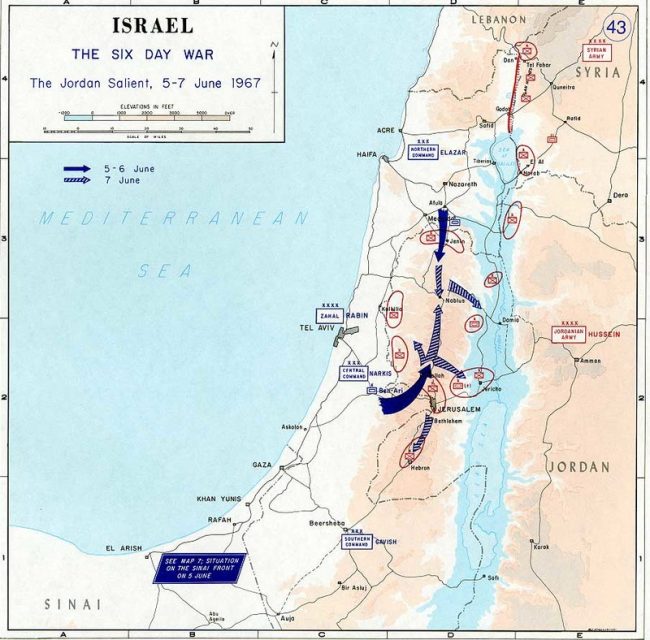
Troubles in the region began around 1900 when the area belonged to the Ottoman Empire. Then, in 1917, the British Empire took over following the demise of the Ottomans. Jews were moving into what was known as British Palestine by the thousands in hopes of establishing a Jewish state. The tensions between the established Arabs and the new Jewish population ran high.
During World War I, the Ottoman Empire sided with Germany against the United States, Great Britain, France, and Russia causing Sharif Hussein bin Ali, King of the Arabs, to begin the Great Arab Revolt against the Ottomans, culminating in the liberation of Damascus and the possession of southern Syria, Jordan and much of the Arabian Peninsula in 1917.
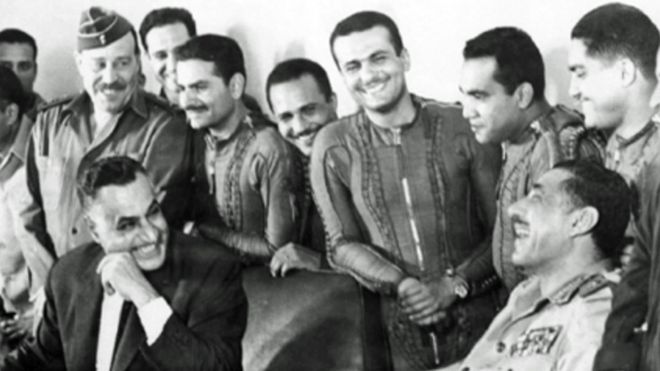
In 1920, the League of Nations, created from the Paris Peace Conference after World War I to resolve international disputes, divided up the conquered Ottoman territories. France received the states of Syria and Lebanon, Great Britain Iraq and Palestine. Both caused problems between Zionist Jews and Palestinian Arabs.
When the Nazis began their quest to conquer the world, thousands of Jews from Germany and the occupied areas escaped to Palestine, raising the percentage of Jews in Palestine by thirteen percent.

By 1936, Palestinians had begun to grow weary of British control. They formed political parties calling for self-rule and rebelled against the British government who was allowing more and more Jews to immigrate to Palestine. The rebellion started as a strike but quickly evolved into violent opposition. Palestinian officials did nothing to appease the public, and Great Britain introduced a Royal Commission. However, this only served to infuriate the Palestinians even more, leading to the assassination of the British District Commissioner, Lewis Yelland Andrews.
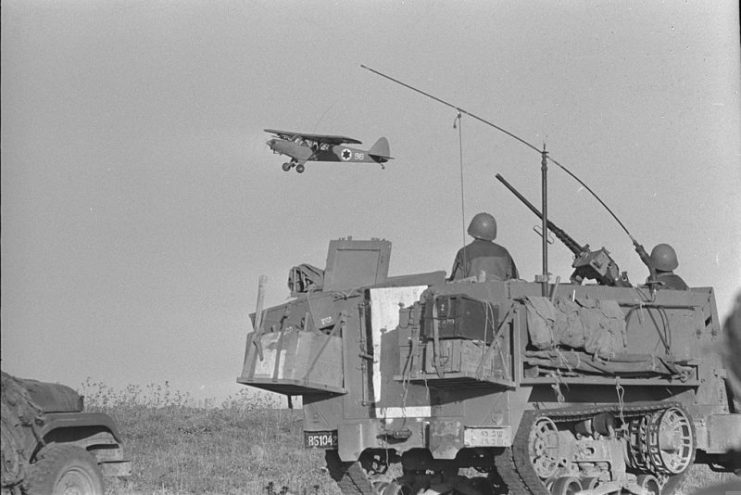
In 1947, the Palestinian problem was turned over to the United Nations which divided Palestine into two states, one for the Jews and one for the Arabs. The Arabs rejected the proposal and attempted to drive out the Jews. In May 1948, Israel declared independence but promising equal rights to Palestinians. The Arabs attacked the new state of Israel that very night, sparking the First Arab-Israeli war. By the end of the conflict, the Jews had held their land and seized new land set aside for Palestine in Jordan and Egypt. Up to seven hundred thousand Arabs fled to the Gaza Strip, Jordan, Syria, and Lebanon. An armistice was signed in July 1949.
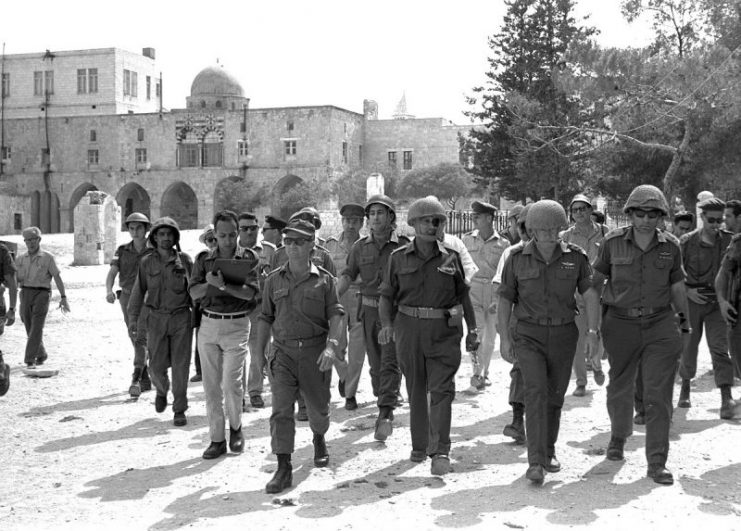
Tensions continued, and in 1956 Egypt broke the armistice with a blockade of the Suez Canal, thus threatening the movement of international trade, especially the Europeans.
In 1964, the Palestine Liberation Organization was founded to fight for political independence from the Arabs. The year 1967 saw Gamel Abdul Nasser, President of Egypt, close the straits of Aqaba to Israeli shipping and promising to crush the Jewish state. He allied with Jordan and Syria and blockaded the Israeli port of Eilat. So began the Seven Days War.
The 1967 war defined the present day borders of the Middle East. Peace in the Middle East is always in question because of the hostile relations between Israel and the Palestinians that continue to this day.
